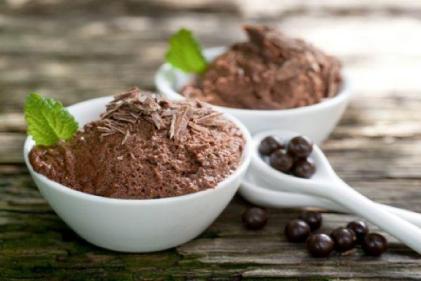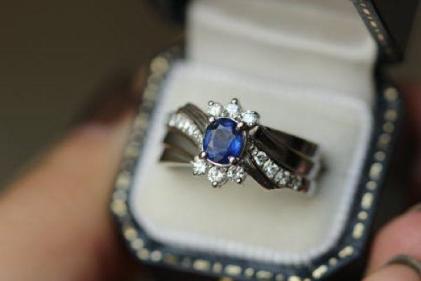Like the pill, the mini pill is an oral contraceptive. It comes in packs of 28, and you take one every day, just as you would your regular pill. Unlike the combination pill (which contains oestrogen and progestin) the mini pill needs to be taken at the same time every day in order to be effective but it is a good choice for mums who are breastfeeding or who can’t take oestrogen for another reason.
The reason that you need to be careful to take the mini pill at the same time every day is that its primary action is to thicken the mucus in the cervix, preventing sperm from getting through to your eggs. The dosage in the pill is only enough to last for twelve hours. It also thins the lining in the uterus and blocks ovulation sometimes but its main purpose is to change your cervical mucus.
What makes the mini pill attractive to breastfeeding mums is that, unlike the combination pill, it’s safe to use. Only trace amounts of progestin make it into your breast milk and what does has been shown to have no adverse effects on your baby’s growth and development. It can, however, affect your breast milk production so if you notice that you’re producing less milk it’s a good idea to talk to your doctor or healthcare provider.
If you are taking the mini pill correctly it is 99.5 percent effective and if you are breastfeeding too, that figure increases to almost 100 percent. However, if you miss a pill or take your pill at the wrong time of day your risk of pregnancy goes up considerably so it’s very important that you remember to take it on time.
The good news for women who are planning to get pregnant again soon is that the mini pill also exits your system very quickly. In fact, most doctors will tell you that you can consider yourself fertile within 24 hours of taking your last pill. There are also fewer complications and side effects when taking the mini pill, as opposed to the combination pill, although the benefits to your health are also reduced. They’re a good choice for women who are at risk of thrombosis, such as smokers and those who are over 35, and they also usually result in less bleeding, or even a cessation of bleeding during menstruation so women at risk of anaemia are also good candidates for this type of pill.











